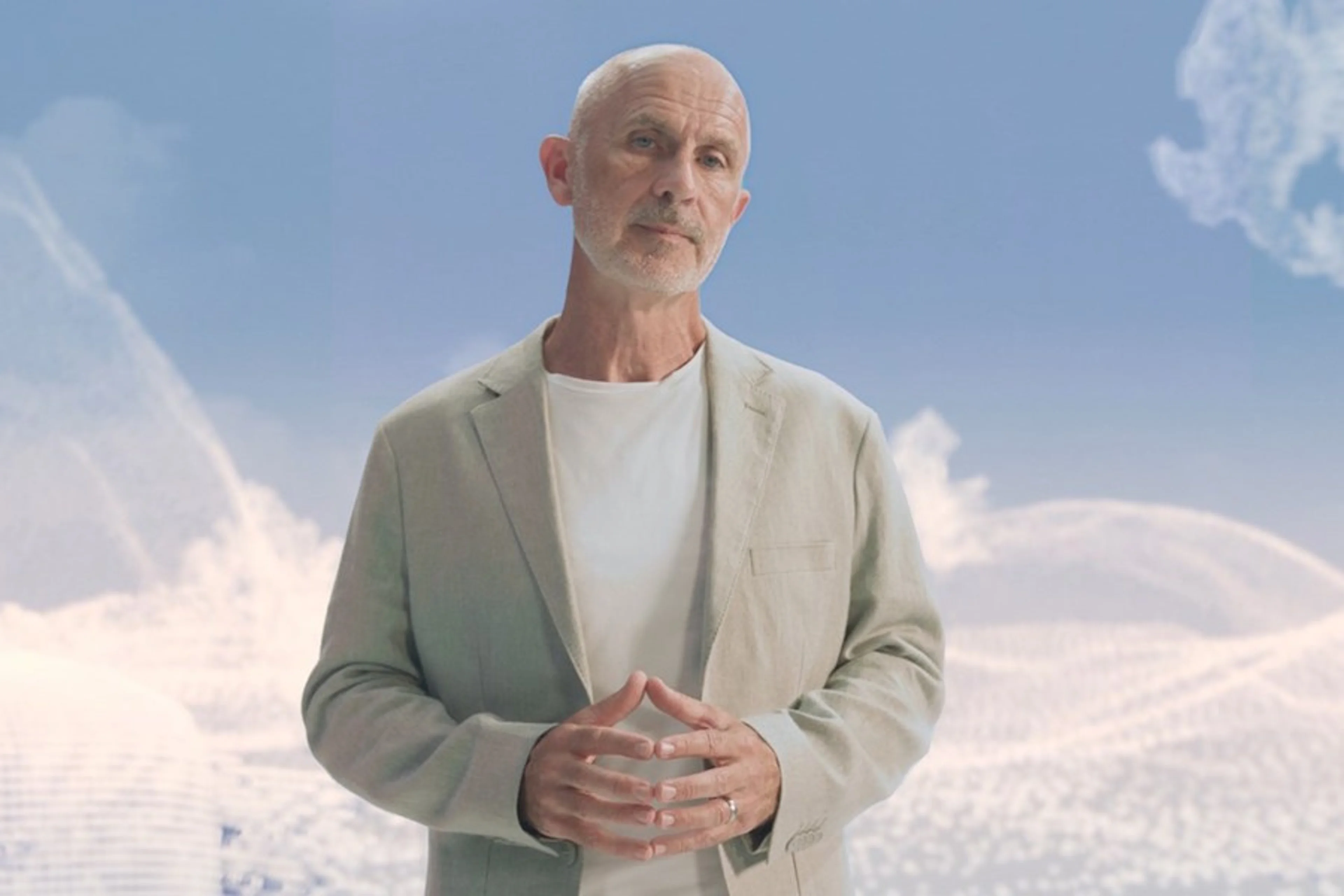Volvo Car Global CEO: Electric vehicles are the future – you best get ready
Jim Rowan tells analysts that the EV tipping point, and price parity with combustion engined cars, is fast approaching. He’s backing the new small SUV to power growth.

Volvo Car’s strategy to go all-out on electric vehicles globally by 2030 will pay dividends – giving its cars and customers critical advantages over rival carmakers trying to sweat ‘legacy’ diesel and petrol technology, according to Global CEO Jim Rowan.
Taking questions from analysts around high Lithium prices, a key battery component; supply chain disruption; the heavy investment required to flip to all-electric production and; whether Volvo can meet its mid-decade target to double production to 1.2 million cars, Rowan was upbeat.
“The industry is in transition. When it is a technology transition, it can look like transformation will come at a linear pace. But when the technology becomes more mature – when costs come out of the equation – when the friction factors of charging infrastructure and range start to be eliminated, then you hit that inflection point,” said Rowan.
“When you hit that inflection point, the gradient of the [transformation] curve goes up very quickly … And if you don’t invest ahead of the curve, you miss that inflection point. Which means when the market changes, you’re not ready. So we invest ahead of the curve.”
Lithium prices present a “headwind”, Rowan acknowledged. But he thinks price inflation “will die away” as new technologies drive down battery costs. Rowan predicts “price parity”, i.e. pure electric cars will cost the same to buy as petrol or diesel equivalents, by 2025. “That is when I think that inflection point will kick-in – and the market [will witness] a much higher gradient to full BEV [battery electric vehicle] adoption,” said Rowan.
“Lead times vary between models and markets.”
That timing would perfectly align with Volvo Car Australia’s ambition to sell only pure electric cars from 2026. Rowan suggests carmakers – and those planning to buy a new car over the next few years – should read the auguries.
“Globally last year we saw new BEV sales increasing by 61 per cent – and ICE [internal combustion engine] sales falling by 15 per cent,” said Rowan. “That is a big data point and it’s telling you the market is moving towards electrification – so you best get ready.”
**Small SUV, subscription models to drive growth**
Volvo’s forthcoming small SUV will attract younger “Gen Z” electric vehicle customers – and play a major role in driving growth, according to Rowan.
“[The new pure electric SUV] will take up a new position in the market … the lower price point will allow us to pick up [younger customers] in a major way and it won’t be cannibalistic to our existing sales,” he said. “We think it will be a nice volume car for us.”
Rowan believes subscription models will also attract a younger customer base – and thinks subscription economics stack up because pure electric vehicles have higher residual values than petrol and diesel cars.
“When we release the small [pure electric] SUV and put that on a subscription-based ownership model, it allows us to talk to brand new customers,” said Rowan. “Gen Z drivers who are coming to the car market for the first time, because it makes it affordable.”
**Supply versus demand**
Rowan pointed to Volvo’s strong global order book as another sign that demand is rising, though the company is also working through a backlog created by supply chain disruption on the back of Covid.
“I think we’ll end the year with almost the same backlog as we started the year. I don’t think we’ll make headway into that in 2023,” said Rowan. But supply constraints are not uniform, he acknowledged: “Lead times vary between models and markets.”
Volvo Car Australia, for example, currently has a healthy stock of C40 Recharge single motor variants for February and March, with MD Stephen Connor in last month citing “positive conversations with our factories about getting more units into Australia” in 2023 in a bid to more than double EV sales.
Rowan said Volvo Cars’ expanded production capacity should help to ease constraints leading into 2024, “which suggests a smaller lead time to customers.”